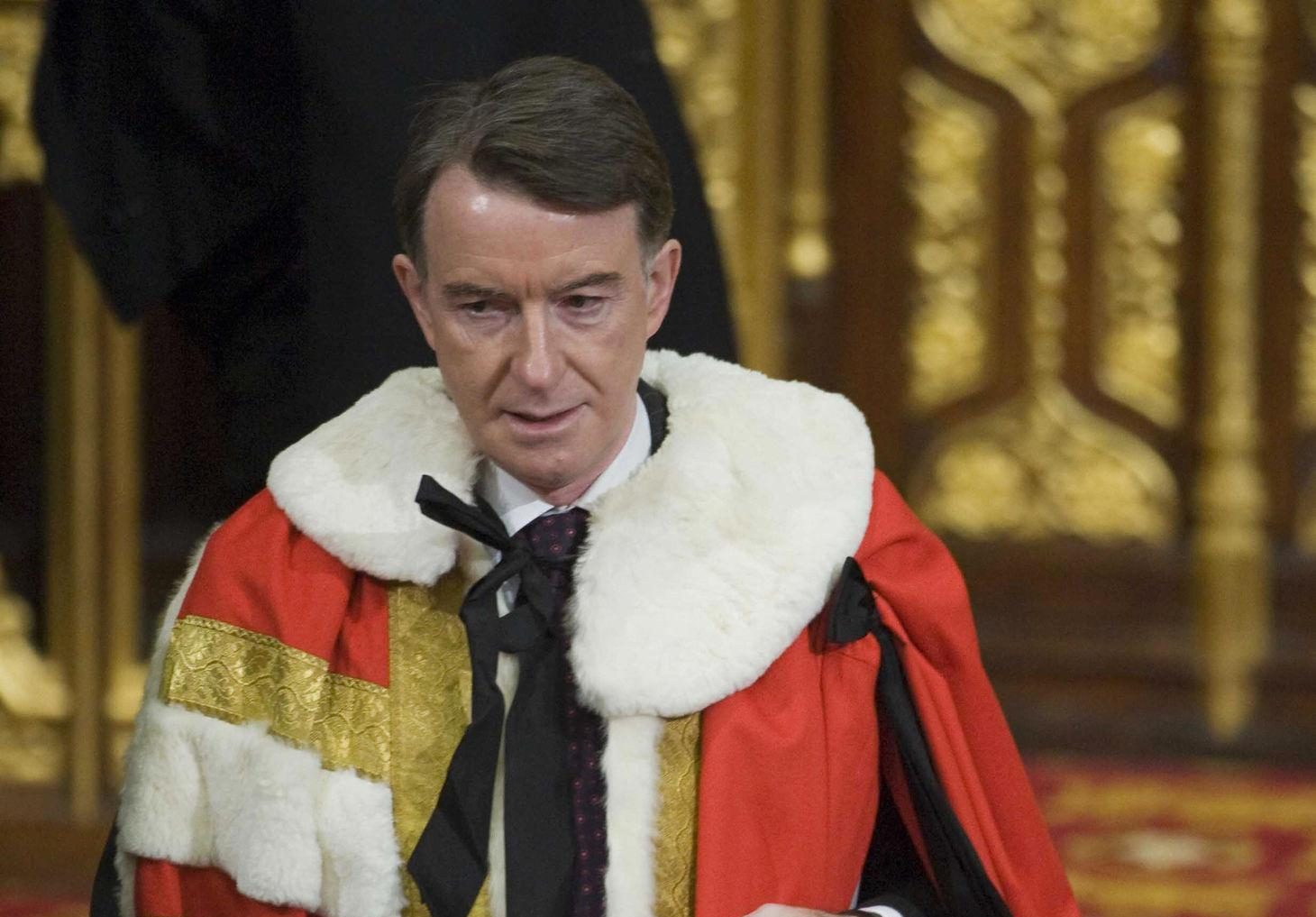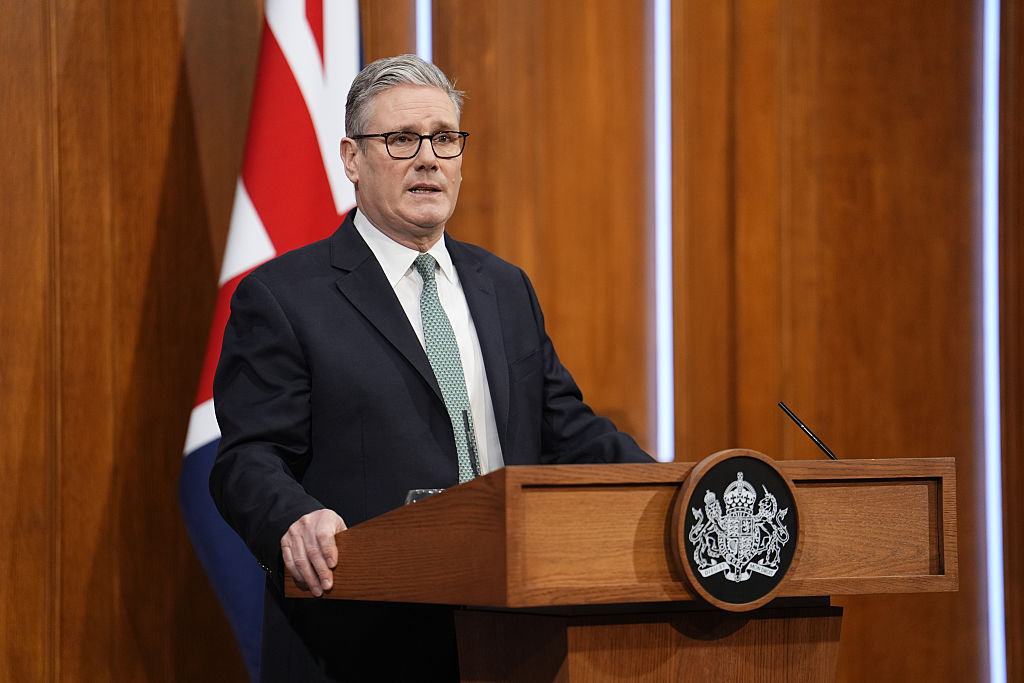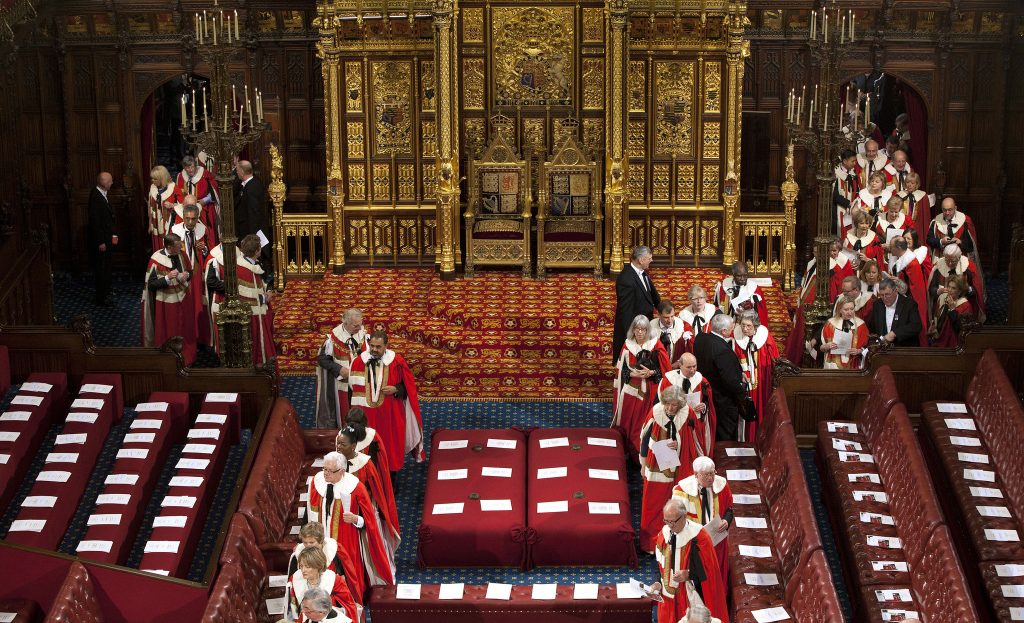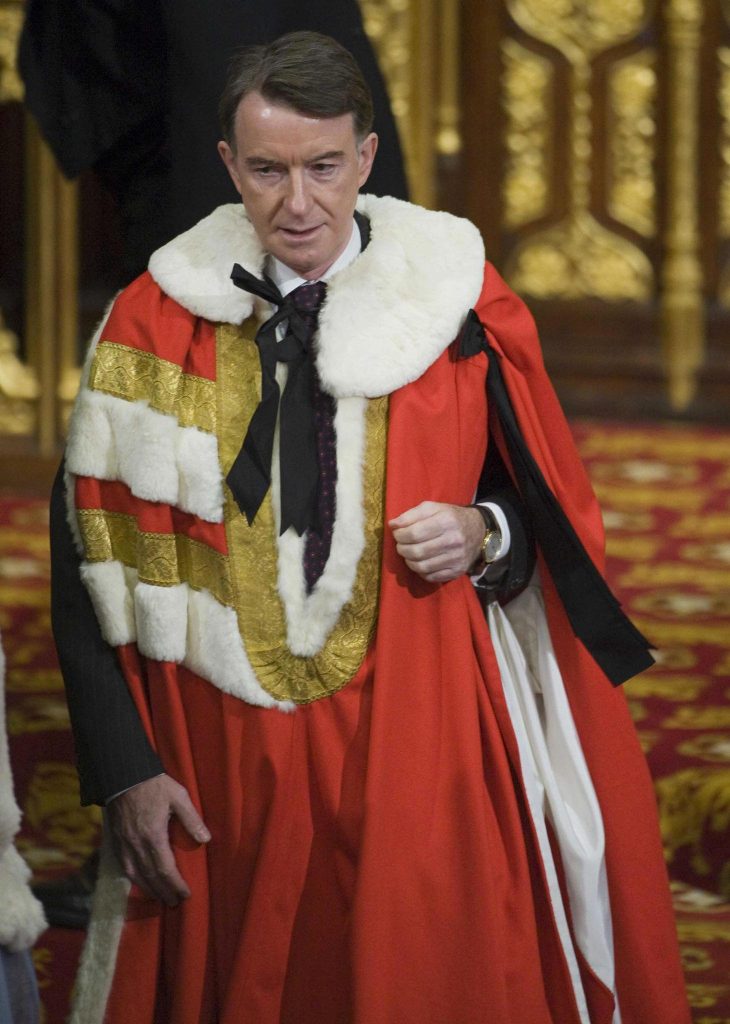Politics
Senedd sounds alarm on fire authorities

SENEDD members called for an “urgent and long overdue” overhaul of fire authorities amid concerns about a culture of bullying, misogyny, racism and nepotism.
Jenny Rathbone warned Wales’ fire and rescue authorities are ill-equipped to hold services to account, with a lack of separation between executive and scrutiny functions.
She said: “These bodies are anachronistic in the public sector in Wales because they are not accountable clearly enough to any outside body, and their membership is large and unwieldy; they all have between 24 and 28 members.”
Ms Rathbone drew a comparison with West Midlands fire authority which has 15 members for a population comparable to the whole of Wales.
Leading a debate on an equality committee report, entitled ‘Sound the Alarm’, after an inquiry on fire service governance, she noted that previous attempts at reform failed.
The inquiry was sparked by ITV Wales investigations and Fenella Morris’ scathing review of the culture of South Wales Fire and Rescue Service.
Ms Rathbone, who chairs the committee, said the Welsh Government faced huge resistance to reforms in the previous Senedd term to 2021.
“Self-interest played its part,” she said. “And we know that turkeys never vote for Christmas.
“However, the excruciating detail in the Fenella Morris report has silenced these opponents of reform – for now.”
Ms Rathbone raised concerns about the “defensive” testimony of senior fire and rescue leaders across Wales “which at times lacked candour”.
She said: “This reinforced our concerns about whether senior leaders fully grasp the extent of the change needed in fire services for the years ahead.”
The Conservatives’ Joel James criticised ministers’ “panicked” reaction to the Morris review.
He said the rapid removal of Huw Jakeway, the former chief fire officer, led to an “operational vacuum … and undoubtedly worsened the situation”.
Mr James warned that the appointment of Stuart Millington, who had a pending employment tribunal, as interim chief fire officer only fuelled public condemnation.
“To put it bluntly,” he said. “It went against the remit of establishing a senior management team untainted by the failings identified in the Morris report.”
Calling for an overhaul, the South Wales Central MS raised concerns about ITV reports of whistle-blowers warning “nothing is happening, nothing is changing”.
Plaid Cymru’s Sioned Williams criticised the failure to reform services over many years.
She told the Senedd: “It’s clear that failure to get to grips with this matter earlier had a truly damaging effect on staff confidence. And it was appalling but telling, I think, of the government’s reluctance to ensure action on this matter.”
Calling for “urgently needed and long overdue” reforms, Ms Williams warned that fire and rescue authorities are ineffective at holding fire services to account.
Ms Williams, who represents South Wales West, pointed out that the Welsh Government failed to take forward reforms to fire authorities in 2018.
She said: “There can be no more excuses for such an appalling lack of delivery, which has resulted in such awful consequences.”
Jane Dodds, the Liberal Democrats’ leader in Wales, described the committee’s report as painting a grim picture of the culture of governance within fire services.
Criticising the slow pace of change, Ms Dodds called for a timeline for new governance arrangements to finally end a misogynistic, sexist and racist culture in the fire service.
Labour’s Hannah Blythyn appointed four commissioners to take responsibility for the south Wales fire authority in her previous role as a deputy minister in the Welsh Government.
Ms Blythyn suggested the size and footprint of fire authorities needs to change.
The Delyn Senedd member also called for reforms of the “unaccountable and antiquated” levy on councils which pays for fire and rescue services.
Jayne Bryant, who took responsibility for fire services in July, accepted the committee’s six recommendations in her formal response to the inquiry’s report.
Wales’ local government secretary acknowledged widespread calls for urgent reform of fire authorities over accountability, scrutiny and financial concerns.
She accepted previous attempts at reform floundered in the face of opposition as she cautioned that current changes may not always be immediately visible.
Ms Bryant committed to reforming governance “as soon as possible”, with work on developing proposals for consultation to get under way in the new year.
“Reform has to happen, inaction is not an option,” she said.
Closing the debate on October 9, Ms Rathbone called for a paper on reforms to be published by the end of this year, so legislative proposals can be put to voters in 2026.
Business
Bid to convert office space into chocolate factory, salon and laundrette

A CALL for the retrospective conversion of office space previously connected to a Pembrokeshire car hire business to a chocolate factory, a beauty salon and a laundrette has been submitted to county planners
In an application to Pembrokeshire County Council, Mr M Williams, through agent Preseli Planning Ltd, sought retrospective permission for the subdivision of an office on land off Scotchwell Cottage, Cartlett, Haverfordwest into three units forming a chocolate manufacturing, a beauty salon, and a launderette, along with associated works.
A supporting statement said planning history at the site saw a 2018 application for the refurbishment of an existing office building and a change of use from oil depot offices to a hire car office and car/van storage yard, approved back in 2019.
For the chocolate manufacturing by ‘Pembrokeshire Chocolate company,’ as part of the latest scheme it said: “The operation comprises of manufacturing of handmade bespoke flavoured chocolate bars. Historically there was an element of counter sales but this has now ceased. The business sales comprise of online orders and the delivery of produce to local stockist. There are no counter sales from the premises.”
It said the beauty salon “offers treatments, nail services and hairdressing,” operating “on an appointment only basis, with the hairdresser element also offering a mobile service”. It said the third unit of the building functions as a commercial laundrette and ironing services known as ‘West Coast Laundry,’ which “predominantly provides services to holiday cottages, hotels and care homes”.
The statement added: “Beyond the unchanged access the site has parking provision for at least 12 vehicles and a turning area. The building now forms three units which employ two persons per unit. The 12 parking spaces, therefore, provide sufficient provision for staff.
“In terms of visiting members of the public the beauty salon operates on an appointment only basis and based on its small scale can only accommodate two customers at any one time. Therefore, ample parking provision exists to visitors.
“With regard to the chocolate manufacturing and commercial laundrette service these enterprises do not attract visitors but do attract the dropping off laundry and delivery of associated inputs. Drop off and collections associated with the laundry services tend to fall in line with holiday accommodation changeover days, for example Tuesday drop off and collections on the Thursday.
“With regard to the chocolate manufacturing ingredients are delivered by couriers and movements associated with this is also estimated at 10 vehicular movements per week.”
The application will be considered by county planners at a later date.
Politics
Ceredigion council tax expected to rise by 4.7 per cent

A BETTER financial settlement for Ceredigion from the Welsh Government along with a fresh grant is expected to see council tax bills in the county rising by less than five per cent this year, far below previous fears of a rise as high as nearly nine.
Last year, for the 2025-’26 budget, Ceredigion saw a council tax rise of 9.3 per cent.
While council tax makes up a proportion of the council’s annual revenue, a crucial area of funding is the Aggregate External Finance (AEF) rate from Welsh Government.
Ceredigion was to receive a 2.3 per cent increase on its settlement, some £3,388,000 for a total of £150,670,000, placing it at joint 13th of the 22 local authorities in Wales.
Following a later Welsh Government and Plaid Cymru agreement additional funding for local government was secured, giving Ceredigion additional funding.
Back in November, before the increased settlement was announced, Ceredigion Leader Cllr Bryan Davies said that early estimates indicated that an 8.9 per cent increase in council tax would be necessary, but an improved position of 6.9 per cent had been indicated as a result of a further modelling of service cost pressures and operational savings.
Following the improved settlement, members at the January meeting of Cabinet heard from Cabinet Member for Finance and Procurement Services Cllr Gareth Davies a recommendation for a 4.75 per cent council tax increase as part of a draft budget requirement of £221.493m was being mooted.
That position has improved again, following financial support towards the Mid and West Wales Fire Service Levy, members of the February 3 meeting of the council’s corporate resources overview and scrutiny committee heard, the funding now dropping the expected council tax increase to 4.7 per cent, equivalent to an extra £7.39 per month for the average Band D property for the next financial year.
Members of the committee agreed to note the 4.7 per cent figure, with the final council tax recommendation being considered by Cabinet on February 10; the final decision on the budget being made by full council on March 2.
international news
Mandelson quits Lords amid police probe over Epstein links

Peter Mandelson has announced he will retire from the House of Lords with immediate effect, as mounting political and legal pressure grows over claims he shared sensitive government information with convicted sex offender Jeffrey Epstein.
Parliamentary officials confirmed that Peter Mandelson formally notified the Clerk of the Parliaments of his decision, ending his membership of the upper chamber from Tuesday (Feb 4).
The move follows reports that the Metropolitan Police Service is reviewing allegations of possible misconduct in public office connected to emails said to have been forwarded to Epstein while Mandelson was business secretary during the 2008–09 financial crisis.
Downing Street has confirmed that material has been passed to police after an initial Cabinet Office review.
Government fury

Prime Minister Keir Starmer told cabinet colleagues Mandelson had “let his country down”, according to No 10, and officials are now drafting legislation that could strip him of his peerage entirely.


Removing a life peer is rare and would require an Act of Parliament.
If passed, Mandelson would lose the title “Lord” altogether — an extraordinary step that has only been considered in the most serious cases.
Senior ministers have described the alleged passing-on of market-sensitive government discussions as “disgraceful” and a “betrayal of trust”.
What police are examining
Misconduct in public office is a centuries-old common law offence that applies where someone in a position of public trust wilfully abuses that role. It carries a maximum sentence of life imprisonment.
Investigators will assess whether confidential information — particularly relating to government financial policy during the crash — was shared without justification and whether safeguards were breached.
At this stage, no charges have been brought.
Mandelson has previously apologised for maintaining contact with Epstein after the financier’s conviction, saying he regrets “ever having known him”, but he has disputed some of the latest claims and has not commented directly on the police review.
Political shockwaves
Opposition parties are pushing for further disclosure of documents relating to Mandelson’s vetting and his past roles.
Conservatives are expected to force a Commons vote demanding more information, while Liberal Democrats have called for a public inquiry.
Several MPs have also suggested Mandelson should be removed from the Privy Council.
The developments mark a dramatic fall for one of Labour’s most influential political figures of the past three decades, who only months ago was serving as the UK’s ambassador to Washington.
Now, with police examining evidence and legislation being prepared to remove his title, his public career appears effectively over.
More updates are expected as the investigation continues.
-

 Health6 days ago
Health6 days agoConsultation reveals lack of public trust in health board
-

 News7 days ago
News7 days agoCaldey still unsafe, survivors warn — despite Abbey’s reform claims
-

 Community7 days ago
Community7 days agoPembrokeshire students speak at national Holocaust Memorial Day event
-

 News19 hours ago
News19 hours agoPrincess of Wales visits historic Pembrokeshire woollen mill
-

 News7 days ago
News7 days agoKurtz raises Gumfreston flooding in the Senedd as petition deadline nears
-

 Crime5 days ago
Crime5 days agoPembroke man accused of child sex offences sent to Swansea Crown Court
-

 Education7 days ago
Education7 days ago‘Vulnerable teen’ questioned by police at Milford Haven School
-

 Education7 days ago
Education7 days agoAttendance concerns at Milford School reflect wider issue raised at the Senedd




























